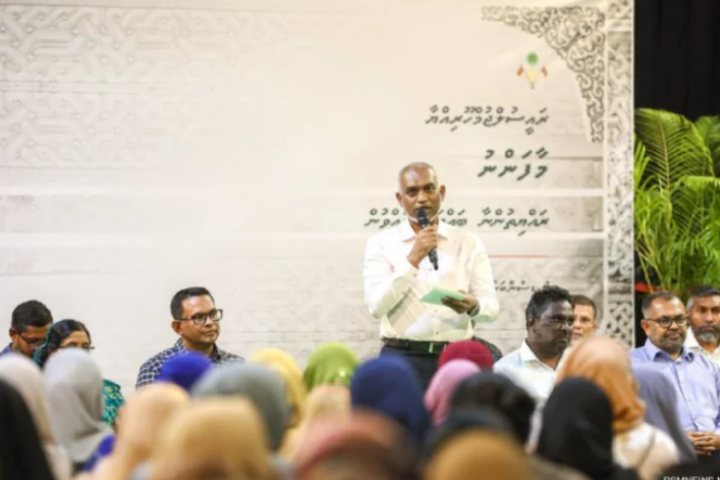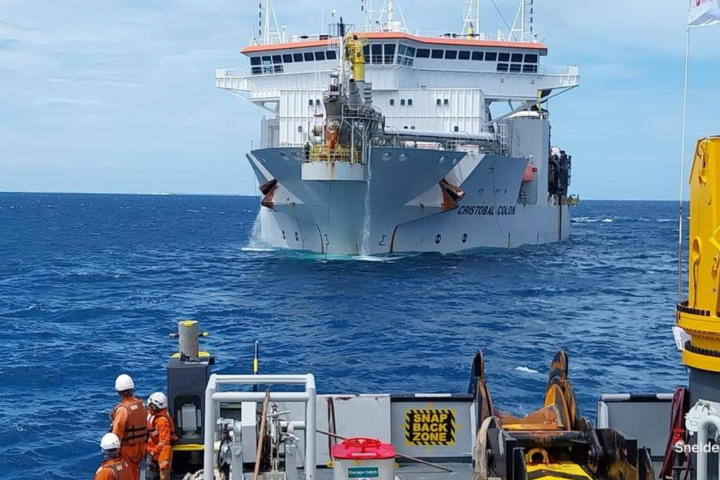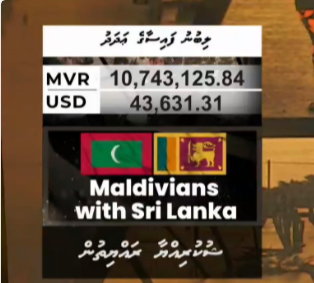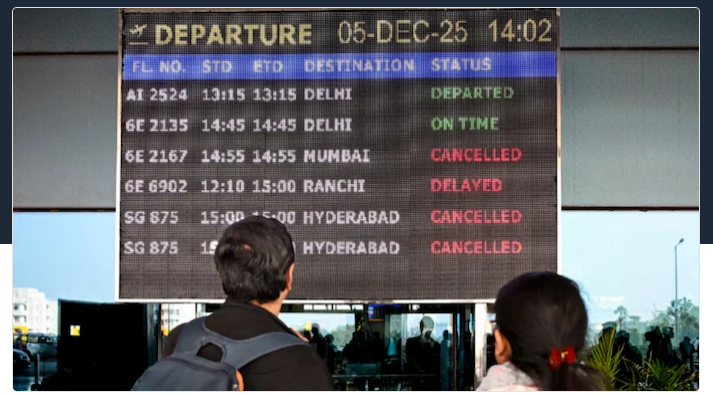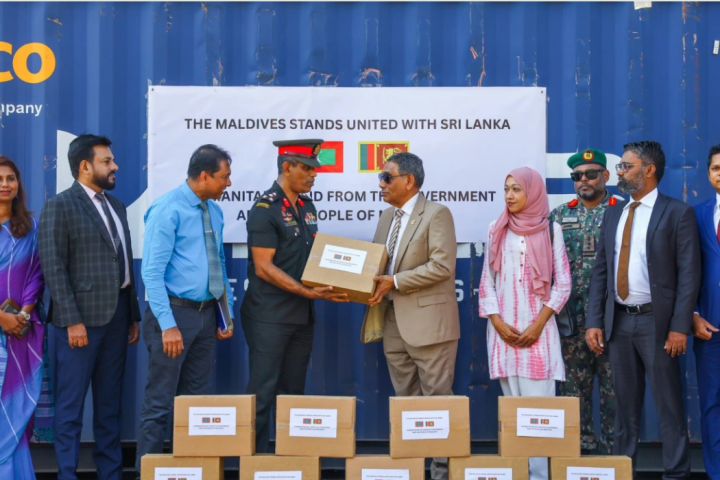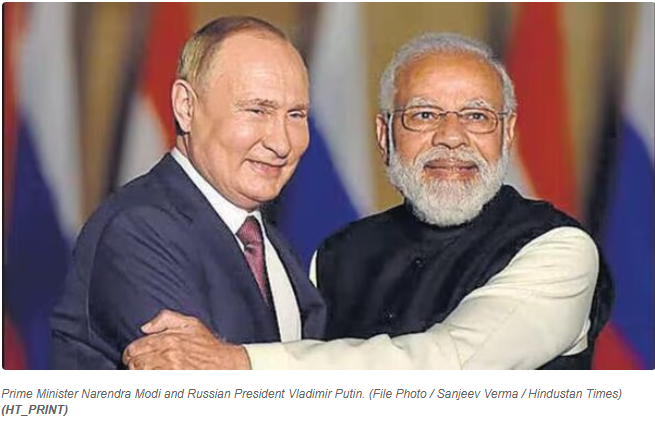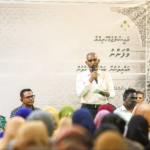MALE’, Maldives — In the capital city where diplomatic tensions once manifested in anti-India demonstrations, two women now face criminal charges for protesting against Israeli genocide in Palestine, highlighting what critics describe as a remarkable shift in the Maldivian government’s tolerance for public dissent.
The case against Aishath Shadia, the wife of prominent religious scholar Dr. Mohammed Iyaz, and Dr. Shazra Ibrahim has become a lightning rod for debate about selective law enforcement in this country. The charges stem from demonstrations outside foreign embassies in Male’, where the women voiced opposition to Israeli genocide in Palestine – actions that President Dr. Muizzu himself has termed “genocide” at the United Nations.
The irony isn’t lost on local political observers: Many members of the current administration were once at the forefront of what became known as the “India Out” movement, where demonstrators, wearing T-shirts emblazoned with anti-India slogans, regularly gathered near the Indian High Commission and in steers of Male’. Those protests, as described by diplomatic sources than, included harassment of Indian diplomats and even threats of arson.
The paradox is evident in Male’s political landscape: the same officials who once led demonstrations against India with little regard for diplomatic protocols are now prosecuting peaceful protesters under unchanged laws, highlighting what observers call a selective application of the country’s assembly regulations.
The Prosecutor General’s Office has leveled two specific charges against the women. The first involves approaching foreign diplomatic missions in violation of the Peaceful Assembly Act, and the second addresses the use of loudspeakers and alleged diplomatic harassment – activities remarkably similar to those once employed by current government officials in their anti-India campaigns.
The legal consequences could be severe. If convicted, the women face a basic punishment of four months and 24 days for obstructing state work, plus an additional month and six days for public disturbance – potentially resulting in a six-month prison term. Both were initially arrested on August 28, though they were released on conditions by September 5.
The enforcement of protest laws in Male’ shows a striking disparity: while past anti-India demonstrations went unchecked, current protests against Israeli actions, though notably less intense, have triggered criminal prosecutions – a shift that public observers say reflects changing political priorities rather than consistent law enforcement.
The case has broader implications for the Maldives’ evolving political landscape. Under President Muizzu’s administration, the nation has been working to redefine its international relationships, particularly with regional powers. However, the prosecution of these pro-Palestine protesters has raised questions about the consistency of its domestic policies.
The charges against Shadia and Dr. Shazra Ibrahim have sparked particular interest because they come at a time when the Maldivian government has taken strong positions on international issues, particularly regarding Palestine. President Muizzu’s frank characterization of Israeli actions as genocide at the UN stands in apparent contrast to the prosecution of citizens protesting the same issue.
The case continues to wind through the Maldivian legal system, serving as a litmus test for the nation’s commitment to consistent law enforcement and democratic principles.
For now, Shadia and Dr. Shazra Ibrahim await their fate in a legal system that seems to reflect the complex and sometimes contradictory nature of Maldivian politics – where yesterday’s street protesters have become today’s prosecutors, and the boundaries of acceptable public dissent appear to shift with the political tides.


